
Game Guide - AI-Powered RPG Assistance
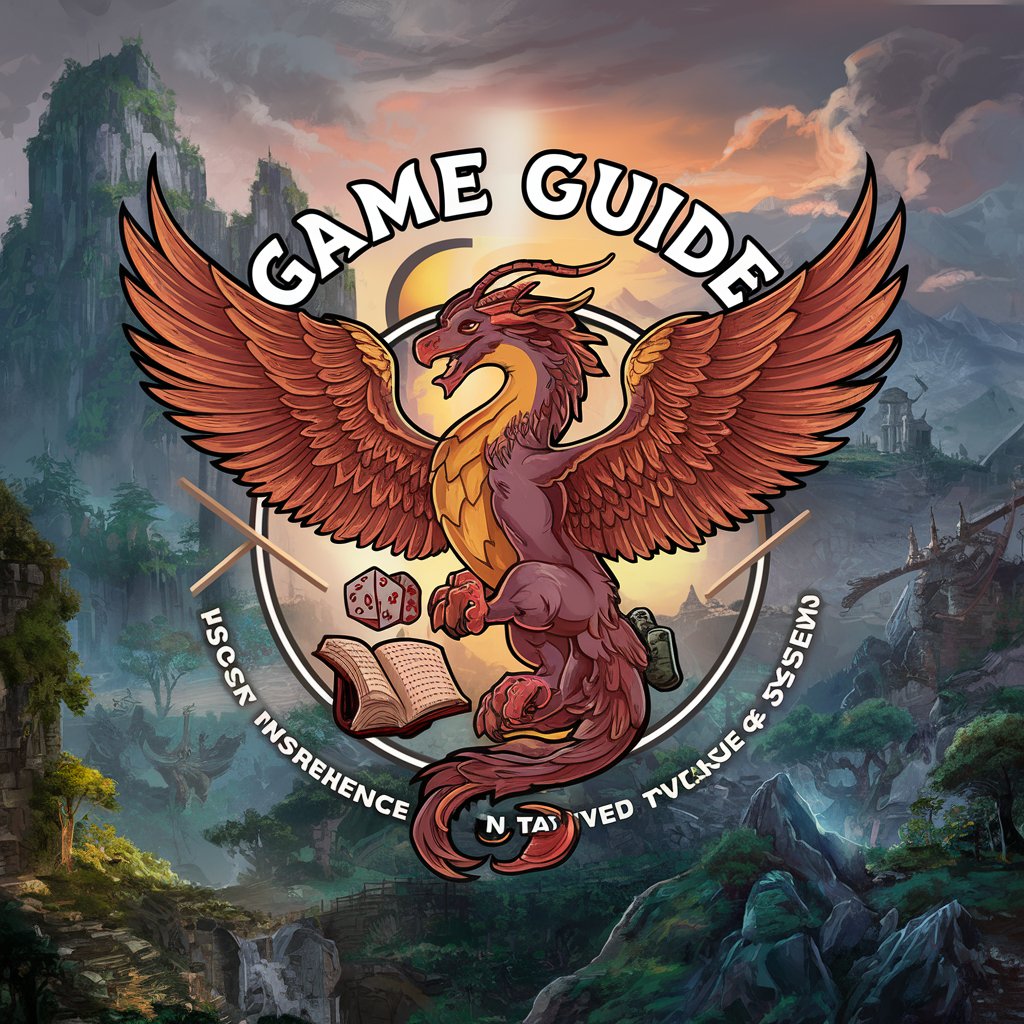
Welcome! Let's craft unforgettable gaming experiences together.
Enhance Your RPG Experience with AI
How can I create an immersive game world for my RPG campaign?
What are some tips for developing well-rounded characters with distinct backgrounds?
How do I manage plot pacing in a tabletop RPG?
What strategies can I use to keep my players engaged throughout the game?
Get Embed Code
Overview of Game Guide
Game Guide is a specialized assistant tailored to enhance the experience of tabletop role-playing game (RPG) enthusiasts. Designed to aid both game masters (GMs) and players, it focuses on improving game dynamics through expert advice on world-building, character creation, and narrative crafting. For instance, if a GM is setting up a new fantasy campaign, Game Guide can provide insights on creating a balanced and immersive world, suggest plot hooks that tie into player characters' backstories, and offer mechanics for maintaining narrative flow even as players make unpredictable choices. Powered by ChatGPT-4o。

Core Functions of Game Guide
World-Building
Example
Guidance on constructing a diverse game world with its own cultures, geography, and historical conflicts. For example, assisting in creating a map that features varied environments influencing societal development and game dynamics.
Scenario
A GM plans to introduce a new campaign set in a divided continent with warring factions. Game Guide helps by detailing each region's climate, resources, and political allegiances, which impact player decisions and alliances.
Character Creation
Example
Assistance in developing rich, nuanced characters by suggesting traits, ambitions, and flaws that align with the game's setting. This includes creating character backstories that connect with the larger world.
Scenario
A player struggles to develop a backstory for their rogue character. Game Guide helps by suggesting a history of growing up in a thieves' guild, adding depth and personal stakes to the narrative.
Narrative and Storytelling
Example
Strategies for crafting engaging story arcs that adapt to player actions. This includes balancing pre-planned plot points with spontaneous player-driven stories.
Scenario
During a session, players deviate from the expected path. Game Guide advises on how to weave their actions into the broader narrative, maintaining coherence and excitement.
Rules Interpretation
Example
Clarifying complex game mechanics and offering advice on rule modifications to enhance gameplay. This includes balancing the flow of the game with adherence to its rules.
Scenario
The GM is unsure how to apply a particular rule in a high-stakes battle. Game Guide provides a detailed explanation of the rule, with suggestions for its fair application.
Player Engagement
Example
Discussing methods to keep all players invested in the game, catering to diverse gaming styles and preferences. This includes creating encounters that challenge and involve each player.
Scenario
A session features players of varying engagement levels. Game Guide suggests personalized hooks and challenges to captivate each player, ensuring a rewarding experience for all.
Ideal Users of Game Guide
New Game Masters
Beginners who are learning to run their first games benefit from structured advice on managing campaigns, engaging players, and integrating complex game mechanics smoothly.
Experienced Game Masters
Veteran GMs looking for fresh ideas, or ways to handle large player groups or advanced narratives. They benefit from advanced world-building tools and narrative strategies that challenge their skills and enrich their game sessions.
Casual Players
Players who enjoy RPGs but may not delve into the intricacies of game mechanics. They benefit from simplified explanations and character development tips that enhance their role-playing experience without overwhelming them.
Competitive Players
Players who thrive on strategy and optimization in RPGs. They benefit from deep dives into character builds, rule exploitation, and tactics that maximize their characters' effectiveness in various scenarios.

How to Use Game Guide
Initial Access
Visit yeschat.ai to explore Game Guide with a free trial; no login or subscription to ChatGPT Plus required.
Choose Your Game
Select the type of game you need assistance with (e.g., D&D, Pathfinder). This helps tailor the guidance to the specific rules and style of play of your game.
Set Your Objectives
Define what you need help with: creating a world, developing a character, understanding rules, etc. This focus will enhance the tool's effectiveness by providing specific advice.
Interact with the Guide
Use the query box to ask specific questions about your game. The more detailed your questions, the more precise the Game Guide's advice will be.
Apply the Advice
Implement the provided strategies and tips during your game sessions to improve engagement, creativity, and enjoyment for all players involved.
Try other advanced and practical GPTs
Game Finder
Discover Games, Powered by AI
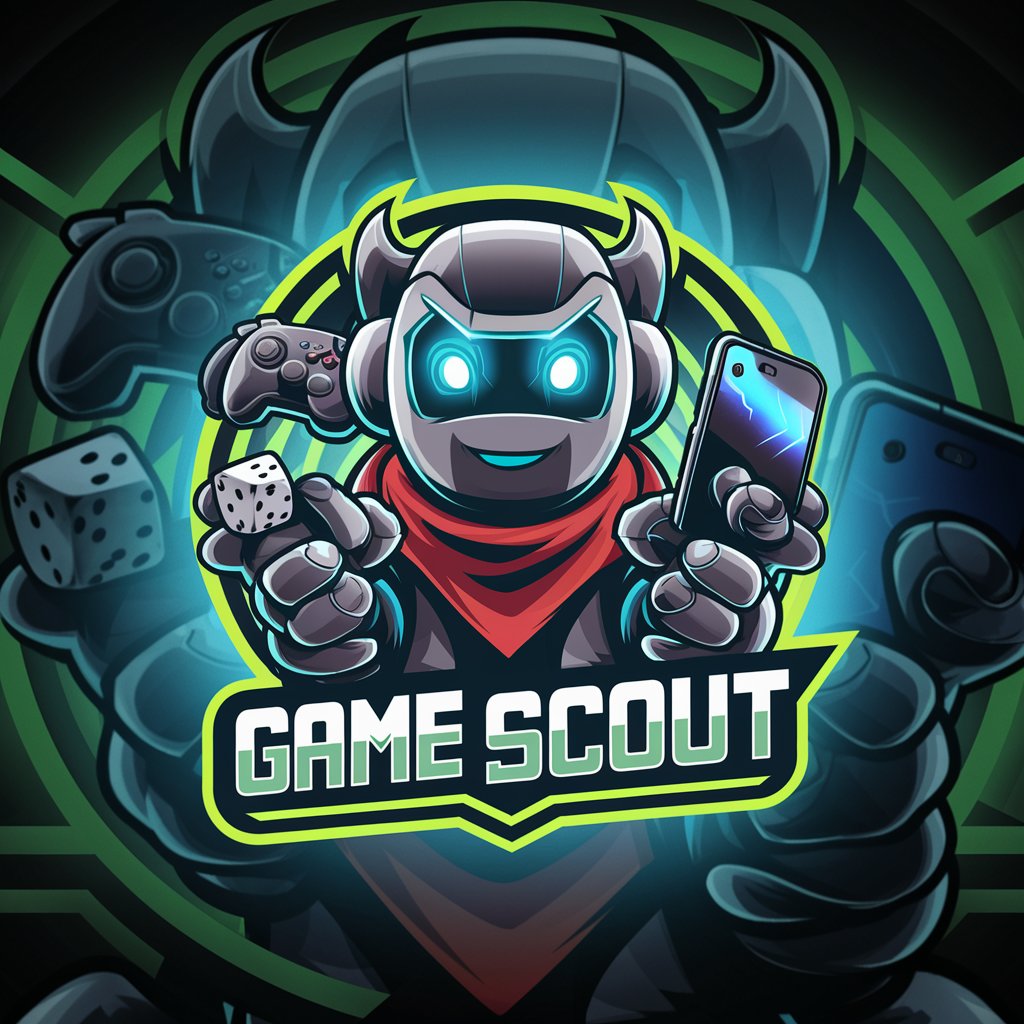
Game Theorist
Master Game Theory with AI-Powered Expertise
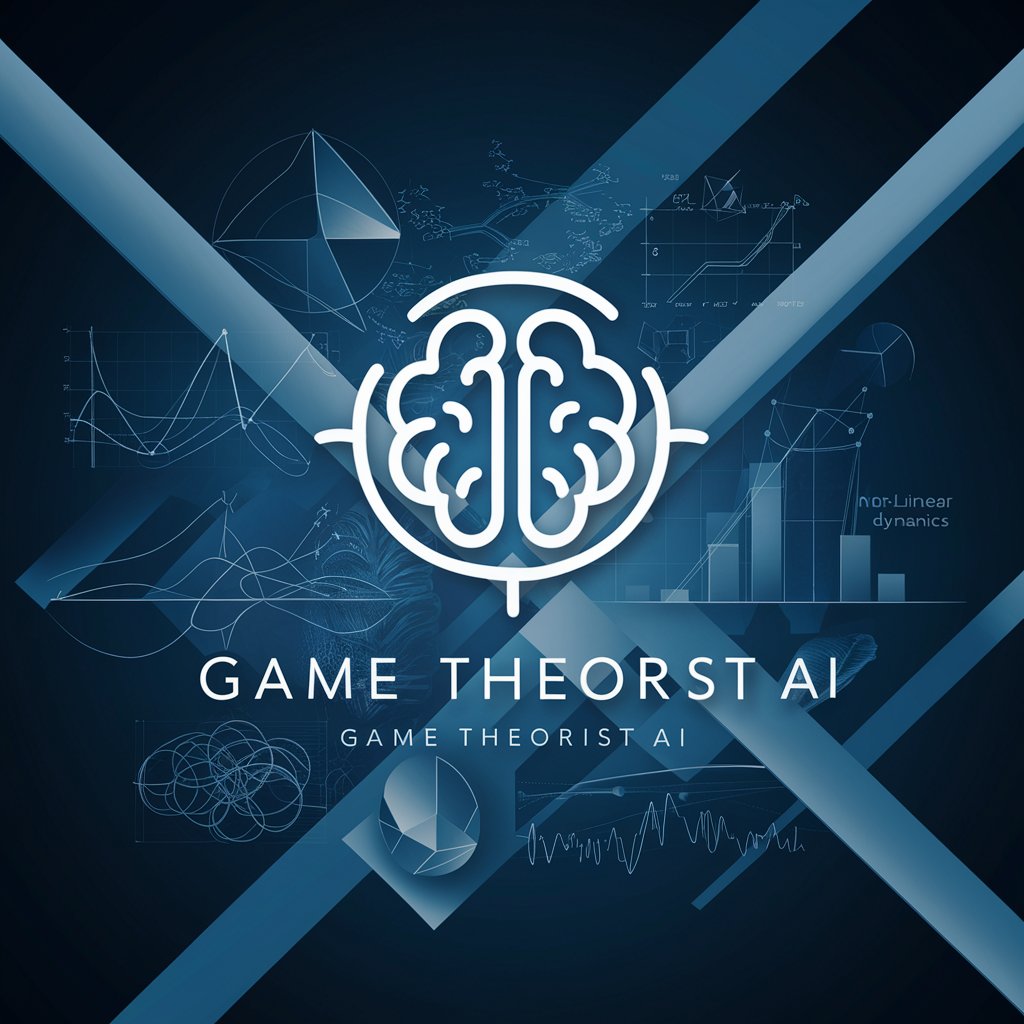
Game Suggester
AI-powered Tailored Game Discovery

Game Genie
Unleashing Creativity with AI

Game Spice
Revitalize Game Night with AI

League Of Legends Splash Art Specialist
Craft Your League Legend with AI
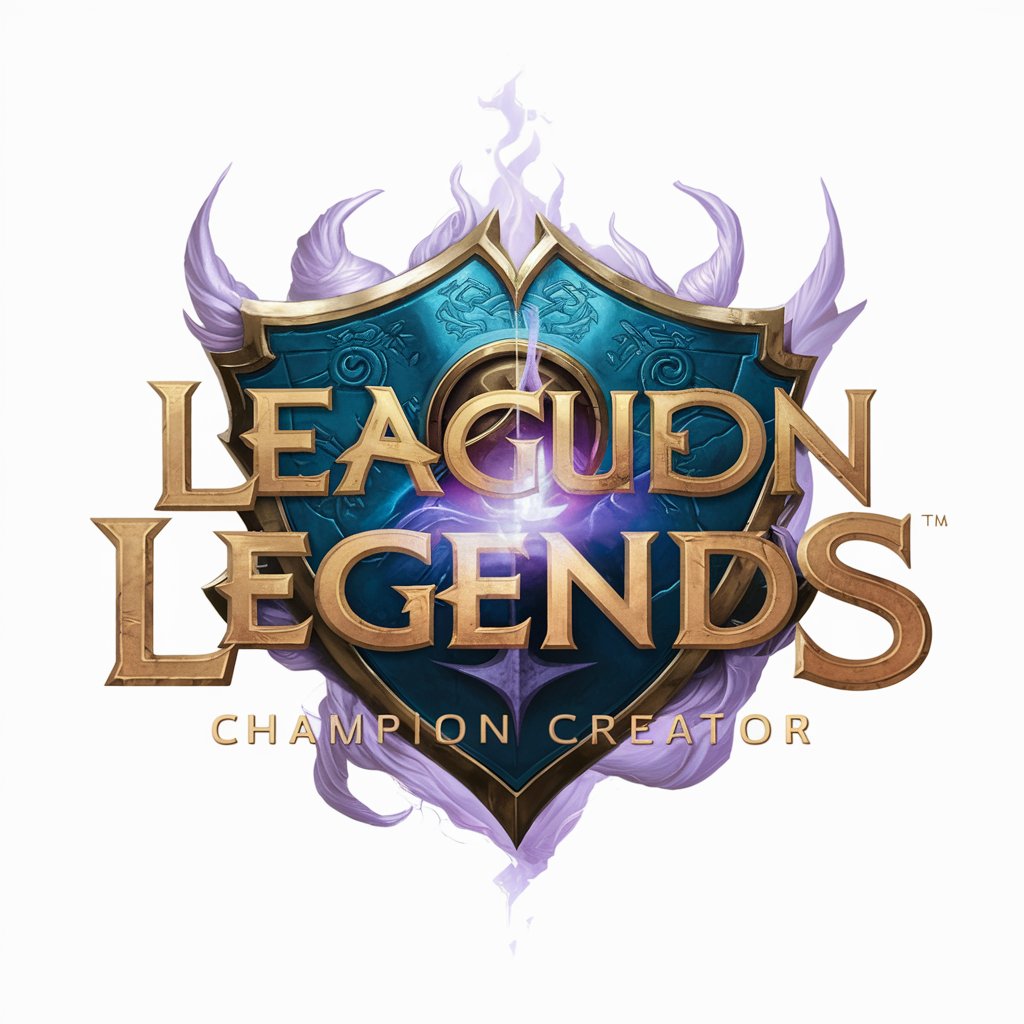
Game Gao
Master ARPGs with AI-powered Insights
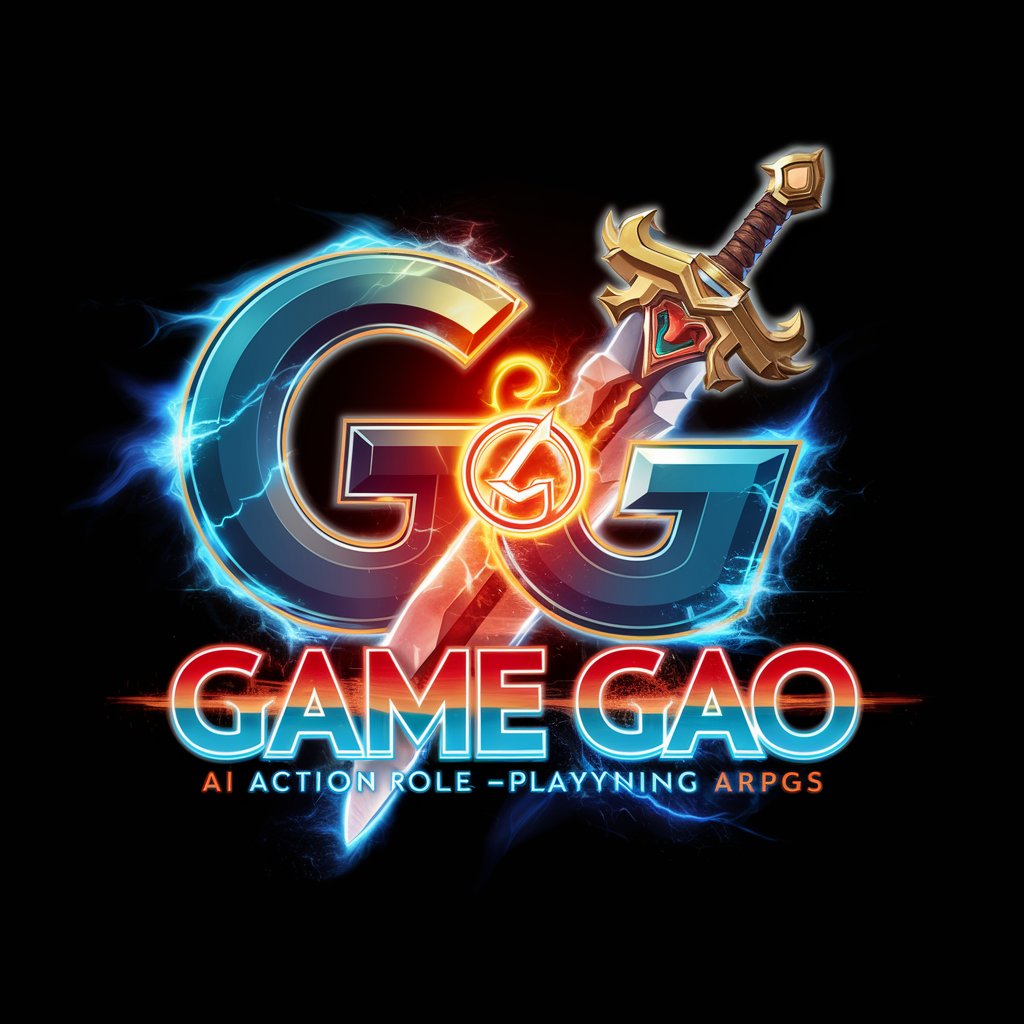
Game Assistant
Empower your gameplay with AI
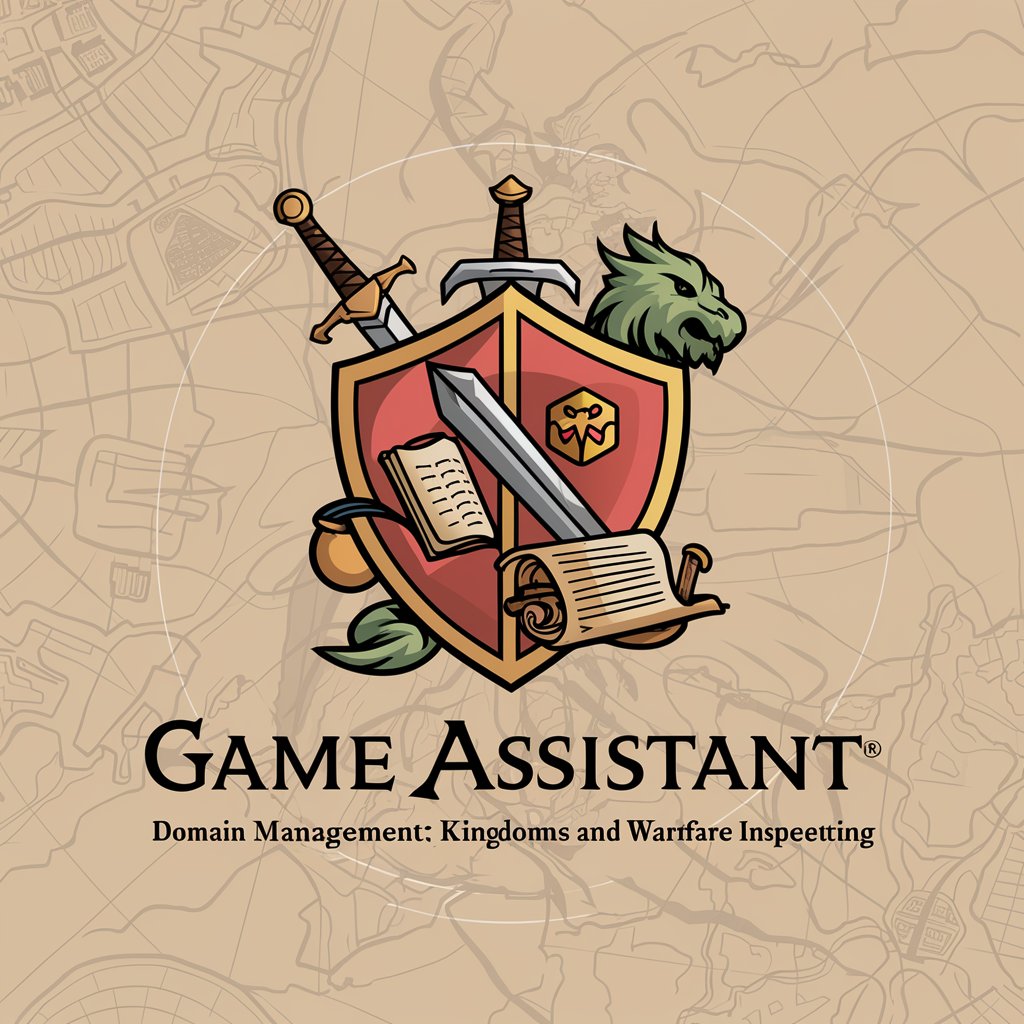
Model Intuition
Empowering Analytics with AI

Model Master
Craft Your Vision with AI
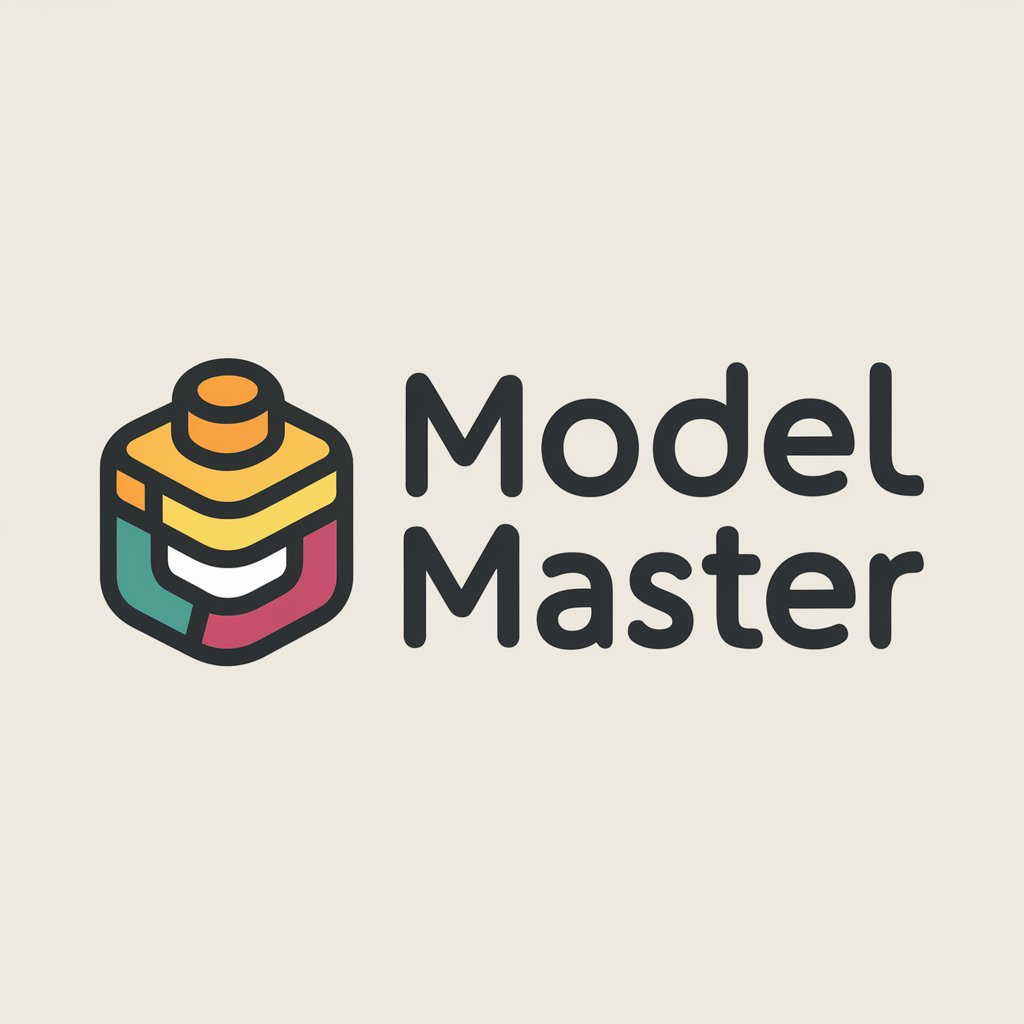
Model Architect
Transforming Ideas into Detailed Models with AI

Model Thinker_1.1
Rethinking Concepts with AI
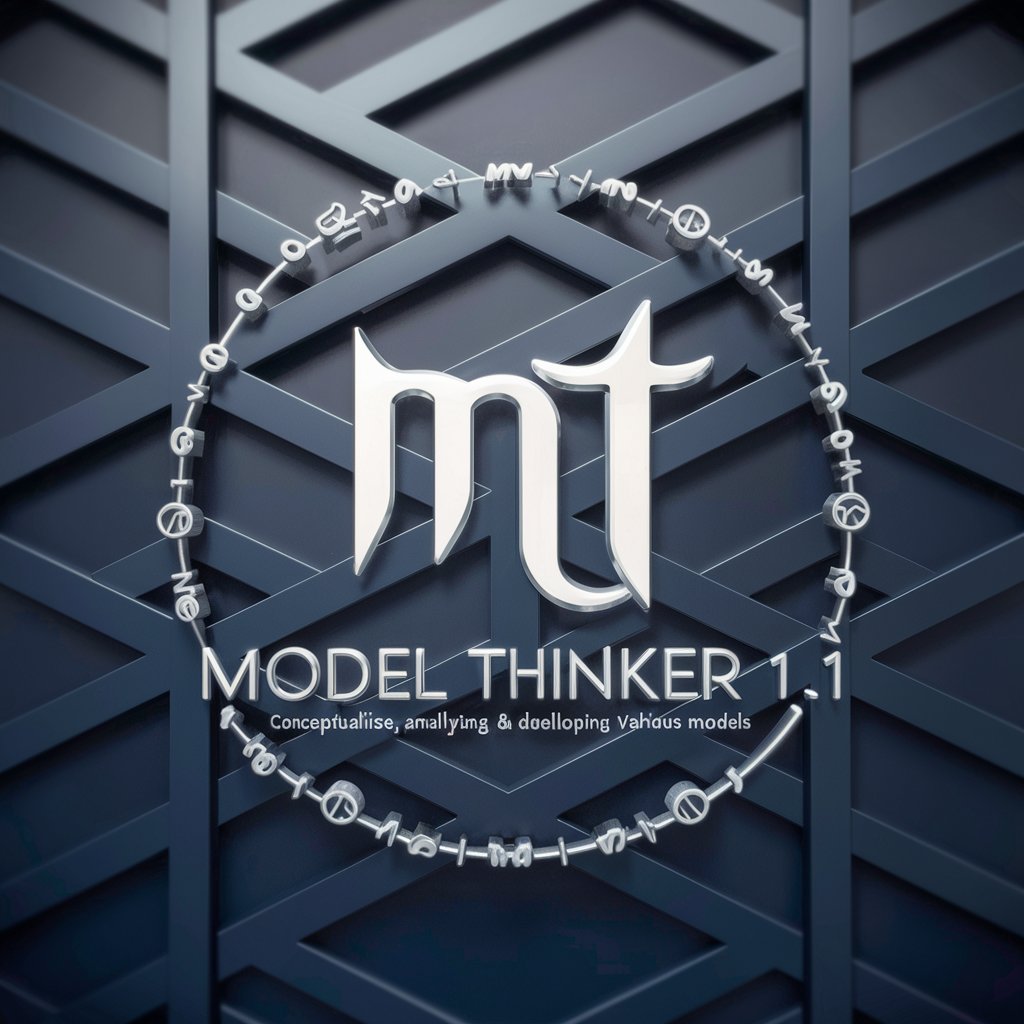
Frequently Asked Questions About Game Guide
What types of games does Game Guide support?
Game Guide offers comprehensive assistance for various tabletop RPGs including Dungeons & Dragons, Pathfinder, World of Darkness, and more. It is designed to adapt to any role-playing game system that involves a rich narrative and complex character development.
Can Game Guide help with campaign creation?
Absolutely. Game Guide can help you create engaging and immersive campaigns by providing insights on world-building, plot structuring, and character integration. It gives tips on maintaining narrative flow and managing player dynamics within the game.
How does Game Guide handle rule disputes?
Game Guide clarifies game mechanics and rules, providing detailed explanations and interpretations that help resolve disputes and questions in real-time. It ensures gameplay remains smooth and enjoyable.
Is Game Guide suitable for both new and experienced game masters?
Yes, Game Guide is designed to cater to both novices and veterans by offering layered advice: basic guidance for beginners and advanced strategies for experienced users, enhancing overall game mastering skills.
What makes Game Guide unique compared to other gaming tools?
Game Guide is uniquely interactive and adaptive, providing personalized responses based on specific user inputs and scenarios. Its AI-driven insights improve the quality of game play and storytelling, which is essential in RPGs.